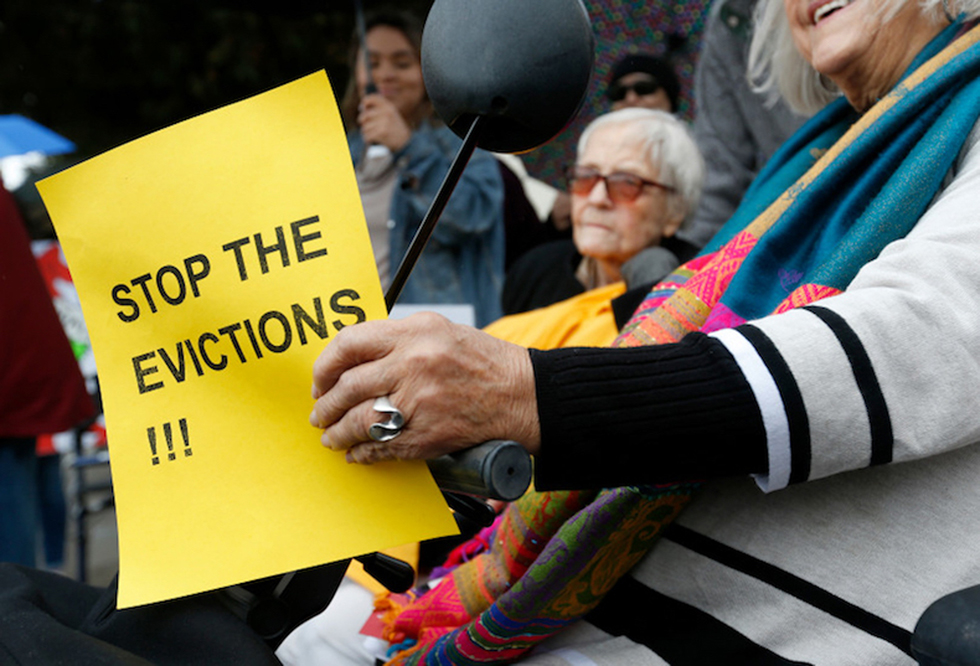- South Texas Students Meet Accordion Music Icons Los Tigres Del Norte In Edinburg Thanks To Khs America/Hohner Alianza Académica Initiative
- Fragile Planet Offers a Nighttime Wildlife Experience
- Falcons Soccer Off & Running
- Cameron County Receives Funds to Improve Two Parks
- Falcons Complete First Half of 32-6A
- School District to Help out Victims of California Wildfires
- Sand Castle Days Continued Despite Unexpected Weather
- Ready for District
- Discussion of Garbage Dumpster Rates, Agreements Between State & City on Highway Regulations, and More
- 31st Annual Shrimp Cook-Off is Right Around the Corner
Hispanics fear even worse coronavirus problems are coming
- Updated: August 20, 2020

By Roz Brown
Texas News Service
AUSTIN, Texas — The nation’s economy has contracted at historic rates since the outset of COVID-19, and the outbreak has significantly harmed the finances of U.S. Hispanics, causing many to fear eviction may be next.
The unemployment rate for Hispanics rose sharply, according to new data from the Pew Research Center.
Mark Hugo Lopez, director of global migration and demography at the Pew Research Center, said even before the pandemic struck, Hispanics expressed concern about their economic situation despite near record low levels of unemployment through the end of 2019.
He said among Hispanics, 70% believe the worst of the coronavirus and its problems are still to come.
“Hispanics have long been a group that has oftentimes had finances that perhaps are stretched compared more to other groups because of both their lower earnings but also the job that they have and sometimes even their immigrant status,” Lopez said.
He said even a decade after the last recession, most Hispanics hadn’t recovered their pre-recession earnings. Pew research shows the unemployment rate for Hispanic women jumped from 5.5% to more than 20% between February and April of this year, compared with a high of about 17% for Hispanic men.
Lopez said because Hispanics are more likely to rent than own their homes, they are also more likely to face eviction. And because Hispanic women typically have face-to-face contact jobs in the hospitality or restaurant industry, they were some of the first to lose their jobs when COVID-19 shut down businesses, and now have the highest unemployment rate.
“Think about that, that’s one in five Hispanic women unemployed as a result of the COVID-19 recession,” Lopez said. “And that was higher than any other gender, racial group that one could look at.”
A moratorium on eviction along with federal pandemic relief payments, unemployment checks and rental assistance programs have helped many Texas renters survive the pandemic, but the same is not true for those who are undocumented.
Migrants who are undocumented either don’t qualify for such aid, or fear requesting it because it could alert immigration authorities.
